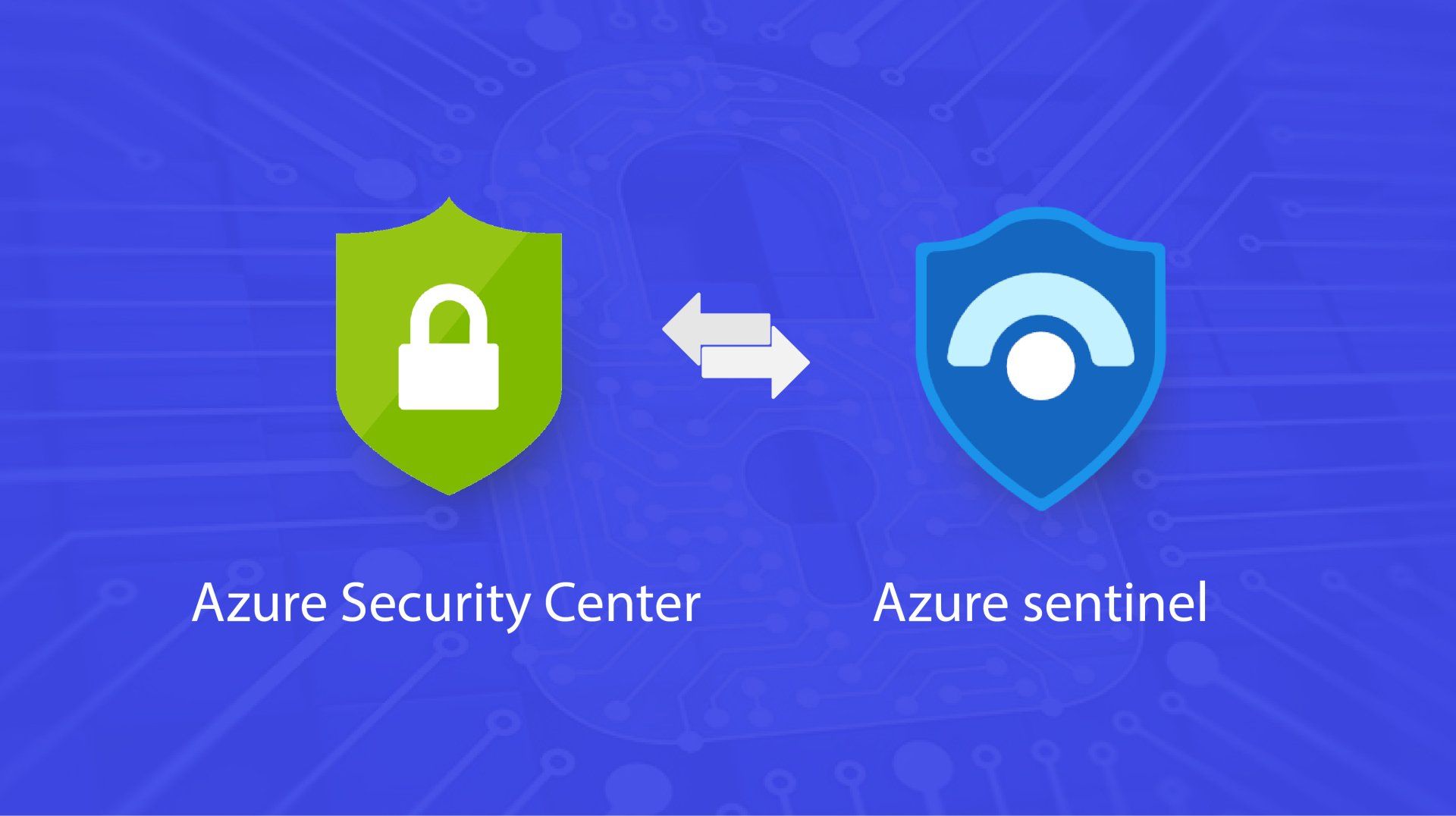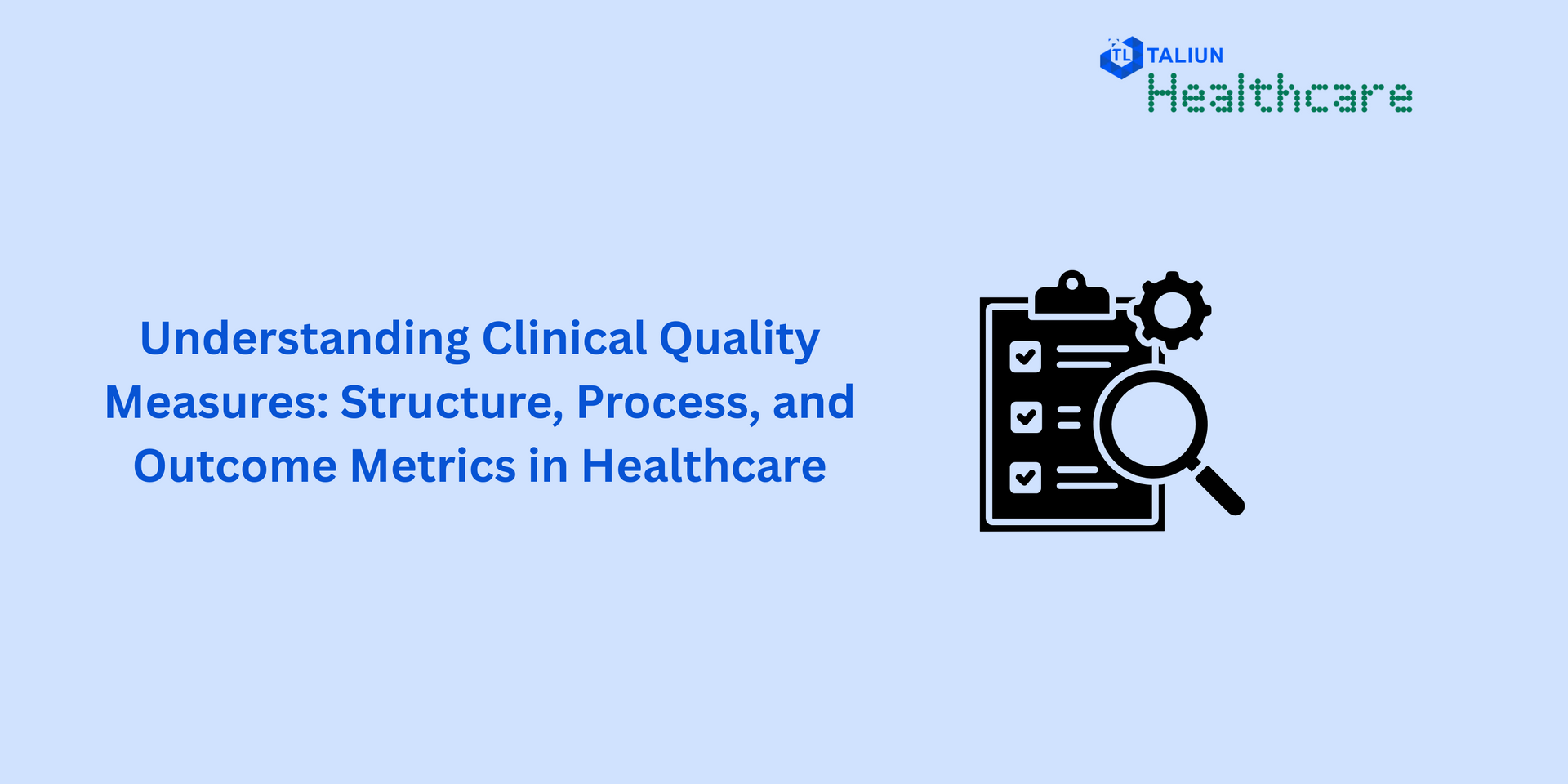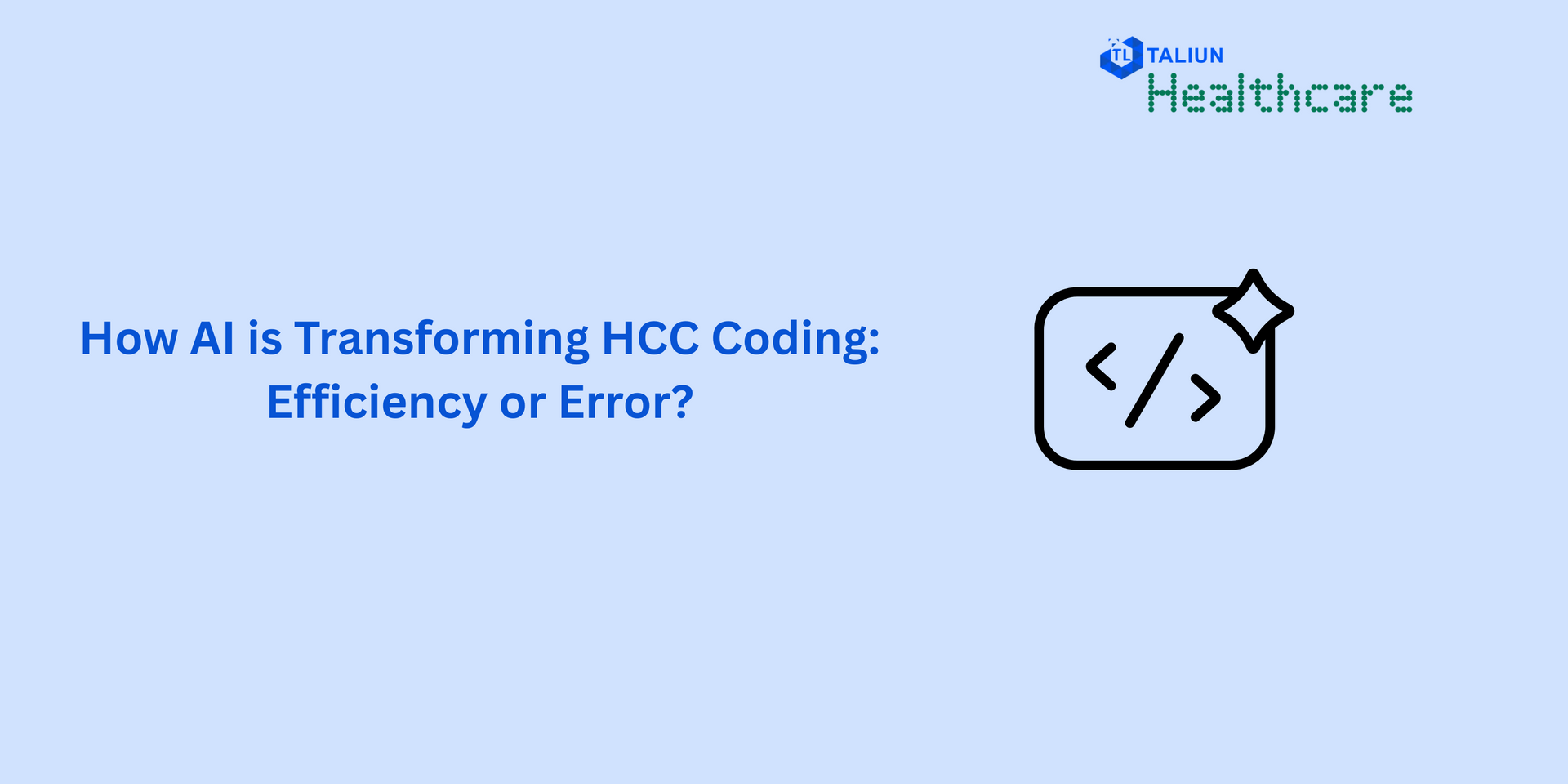Difference between Microsoft Azure Security Center vs Sentinel

What is Azure Security Center
Many Cloud Engineers often fail to get the difference between Azure Security Center (ASC) and Azure Sentinel. These two products look very comparative at first and both are offered by Microsoft to secure your Azure infrastructure to the best of their abilities. There are a few fundamental explanations behind this confusion and in this article, we will have a closer look at what makes these two stand apart from each other.
Azure Security Center vs Sentinel
ASC is a security management framework offered by Microsoft to Azure clients. It helps the Azure infrastructure by giving visibility and authority over the security of Azure sources such as Virtual Machines, Cloud Services, Azure Virtual Networks, and Blob Storage.
Whereas, Azure Sentinel is a cloud-native, security information event management (SIEM) and security orchestration automated response (SOAR) solution provided by Microsoft to assist clients with a birds-eye view across a certain project.
Azure Security Management
With ASC you can deal with your cloud security to help prevent any cyber-attacks and misconfiguration by strengthening your security for various responsibilities deployed in Azure or on-premises. When discussing cloud security management, we are referring to three significant factors:
• Visibility
• Monitoring
• Compliance
ASC extends its security management activities to counter the latest risks on cloud platforms to ensure against cyber-attacks for workloads deployed in Azure, on-premises, or third-party cloud services, for example, GCP, AWS, and so on.
But with Azure Sentinel, we can have smarter security management and risk management for alert detection, risk visibility, proactive monitoring, and threat response for cutting edge and refined cyber-attacks.
You can also have
ASC enabled in your membership to receive security alerts to Azure Sentinel from ASC. Azure Sentinel leverages Machine Learning (ML) and AI (Artificial Intelligence) to make threat monitoring more brilliant. ASC can generate alarms for various sorts of resources deployed – taking your security a step further.
Issues & Challenges
ASC tends to solve the following security issues and challenges:
- Consistently evolving workloads: While users can accomplish more on the cloud, the workloads keep changing constantly. ASC takes care of all the dynamic workload by itself.
- Progressively complex attacks: As users run their jobs on the public cloud, attacks are increasing. Doing so could open them to more weaknesses if they don't follow best security practices. ASC can help deal with that task.
- Shortage of security skills: A high number of safety alerts and cautioning frameworks can overpower security administrators, particularly if they're not experienced and skilled enough. Be that as it may, ASC can help administrators deal with such attacks and threats.
Whereas, Azure Sentinel deals with the following security issues and challenges:
- Automation and Orchestration: Sentinel supports automated threat responding frameworks called "playbooks". Playbooks, based on Azure Logic Apps, set up a series of procedures to run when the situation arises. Administrators can make their playbooks using the Logic App tools.
- Deep Analysis of Issues: An amazing element of Sentinel is the ability to do "hunting" and deep analysis of issues. It shows triggered alerts’ explanation. In this way, the administrator seeing it can appoint the case to somebody with proper reasoning.
Use cases of Azure Sentinel
- In Microservices architecture Application logging will flood the activity/event logging with various types of logs from various Azure resources. Sentinel will be handy when we need to build intelligent threat alert system using those tons (GB/TB) of logs
- Institutive graph helps to analyze / investigate threats
- Sentinel allows to build automation to respond on threat detection and takes necessary action to prevent it further. E.g. if number for 401 (Unauthorized) errors are increased then it can automatically block specific Ips
Use case of ASC
- In Microservices architecture, your product is deployed using various Azure resource. ASC makes sure that security health of all your assets/resources is in the best shape and detects any security threat timely manner.
- ASC provides recommendations like disk/database encryption, Missing OS patches, End point (API) protection, regulatory compliance (ISO, PCI, SOC, etc..) reports
Summary
For any application which is dealing with confidential data, it is always recommended to use Azure Sentinel to detect and respond to threat across you application components and monitor real-time usage to detect threats. Sentinel work based on data collected for various resources and one of the key information should be data generate from ASC is one of the many sources of threat protection that Azure Sentinel collects information from. Even, Microsoft suggests that users having Azure must use ASC for threat protection. They can likewise connect ASC to Azure Sentinel with just a few snaps. When the Security Center data is in Azure Sentinel, users can combine that data with different sources like firewalls, users, and gadgets, for proactive hunting of issues and risk mitigation.
To learn more about how to leverage Microsoft cloud security solutions effectively , please reach out to us - info@taliun.com




